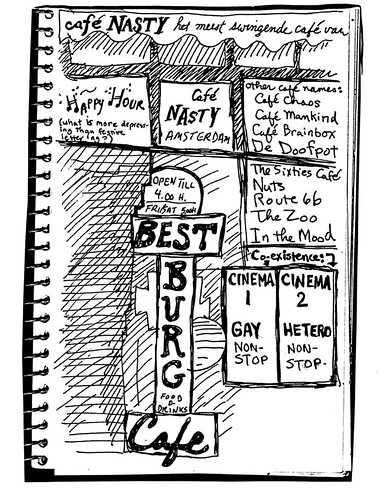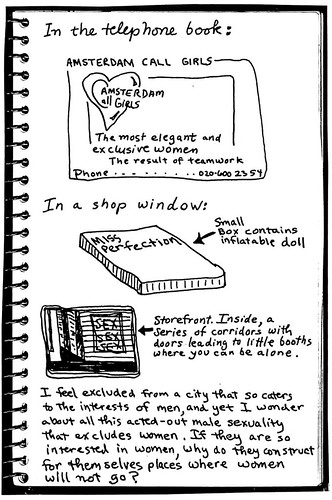"Board the doors shut and stay inside with your AR-15. I think all of these anti-vaxers should be required to have ‘do not resuscitate’ tattooed on their foreheads."
Says the top-rated commenter on a Washington Post article, "‘Vaccine passports’ are on the way, but developing them won’t be easy/White House-led effort tries to corral more than a dozen initiatives."
The commenter is responding to this:
There is evidence vaccine passports could motivate skeptical Americans to get shots. Several vaccine-hesitant participants at a recent focus group of Trump voters led by pollster Frank Luntz suggested their desire to see family, go on vacation and resume other aspects of daily life outpaced fear of the shots, particularly if travel companies and others moved to require proof of vaccination....
Some attendees dissented and warned that requiring a credential would backfire. “I would change my travel plans,” said a man identified as Patrick of Tennessee.
Is the developing opinion that only troglodytes resist vaccine passports? Because I just noticed this:
Don't conflate resistance to vaccine passports with resistance to getting vaccinated. That's what I think the WaPo commenter did. Patrick of Tennessee objected to "requiring a credential," not to getting vaccinated.
ADDED: I think Wolf may be an anti-vaxxer, so her warning isn't scary.
SO: Let's look at the Guardian article she links to, "Give pause before you raise a glass to the prospect of a vaccine passport/The prime minister’s ‘papers for pints’ scheme is nothing less than a national ID card by stealth."
Obviously, that's the UK, and in the U.S., the "passports" would probably be handled at the state level, like our other IDs. I can imagine the question of vaccine passports in the U.S. getting swirled up into the voter ID drama. Is getting an ID oppressive or something everyone should gladly, willingly do?
From The Guardian:
The UK has already toyed with national ID cards. It rejected them in 2010. As Theresa May, then home secretary, explained in 2010: “This isn’t just about cost savings, it’s actually about the principle, it’s about getting the balance right between national security and civil liberties, and that’s what the new coalition government is doing.”...
Already, the Conservatives have announced plans to introduce a bill to make photo ID mandatory from 2023 for all UK-wide and English elections....
Aha! It is already mixed up in the voter ID matter in the UK.
[T]here would be no need to make photo ID mandatory at elections if people could simply use their “vaccine passport” – because, once we’ve built a system that links our identity to our health data and made this a condition of re-entering pubs, cinemas or concerts, or even our workplace, we could link it to other data too, public or private. This could be used by more than just pub landlords or election officials. The data on our vaccine passports could be used by the police, just as Singapore’s authorities admitted in January to using contact-tracing data.
All this – effectively, as I say, a stealth national ID card without the necessary debate – when we don’t even know if vaccine passports would help to solve our biggest problem: stopping the spread of the virus....
In January, the health secretary, Matt Hancock, said: “We are not a papers-carrying country.” Yet, here we are, with the government reviewing plans to become just that. Only last month, the vaccine minister, Nadhim Zahawi, ruled out vaccine passports, arguing that they could be “discriminatory” since it is not compulsory for people to get the vaccine.
But some Americans (like the commenter at WaPo quoted above) are enthusiastic about discriminating against anti-vaxxers.
Israel, Estonia, Sweden and Denmark are all countries that have introduced, or plan to introduce, vaccine passports for domestic use. There is a key difference: all of them already have a national ID card system. If we are to follow their example, we would first need an evidence-based explanation as to how vaccine passports will help to stop the spread of the virus....
The pandemic has made armchair public health experts of us all, but we need to hear from the real ones to know which trade-offs are necessary, and which are not, as we move into whatever phase is coming next....
I don't think that public health experts can be the last word on "trade-offs," and I don't even know if they can be considered experts on vaccine passports. The issue is whether, given the level of immunity we've already built up, we should limit certain facilities to people who've had the vaccine and, if so, whether we need them to prove their status with an official government document?
And what are the collateral effects of this document? Are we concerned about government surveillance and losing our privacy? Are we collaterally enthused because the document could become the voter ID?

